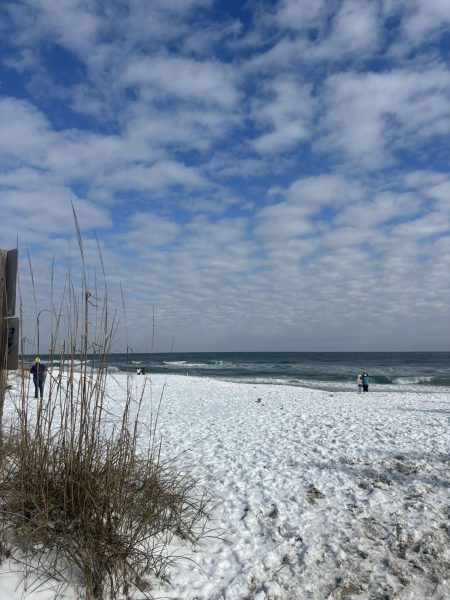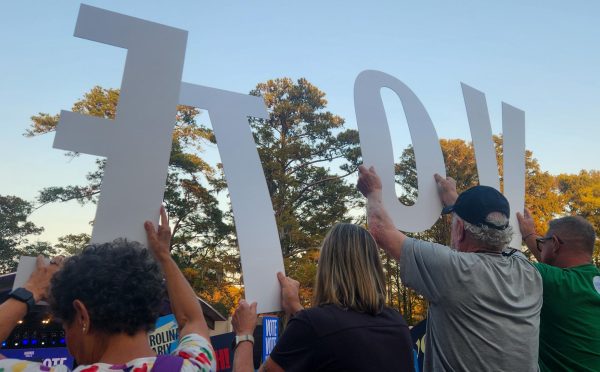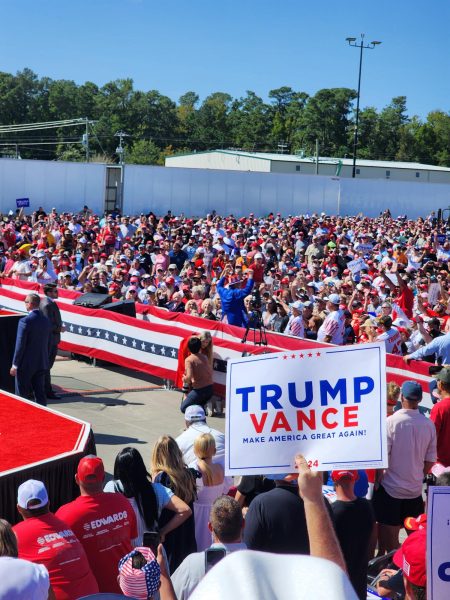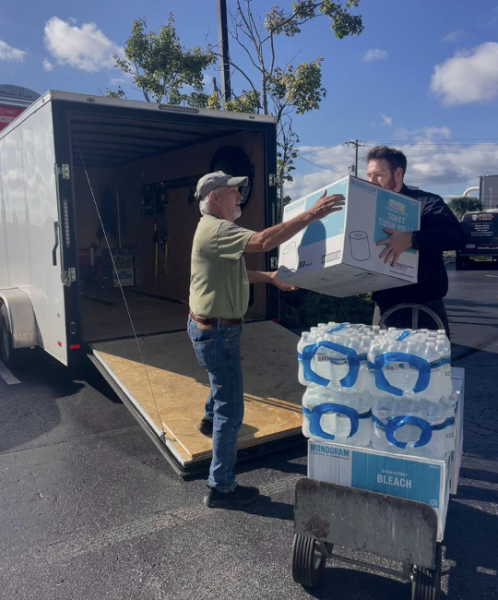Studies show voter fraud at less than 1 percent, voter ID law struck down
Voter fraud in North Carolina has caused widespread controversy along with the voter ID laws that were recently struck down by both the District and Supreme Courts.
The North Carolina legislature passed new requirements for photo ID in 2013, citing rampant voter fraud in the state and in the nation as the primary motivation. The law required people to show photo ID at their polling location, restricted the number of early voting days by a week and ended same-day registration.
The United States had 2,068 cases of alleged voter fraud from 2000 to 2012, according to a study conducted by News 21. In that same time, 741,835,519 people voted in federal elections, according to the Federal Election Commission.
Based on this data, the national proportion of voter fraud compared to overall voter turnout is 0.00028 percent.
22 out of the 2,068 cases happened in North Carolina, according to the study. None of these 22 cases were of voter impersonation, the only case in which photo ID would have prevented the fraud, and none of the cases involved registration fraud, which is the crime targeted by the law’s termination of same-day registration.
The Raleigh ABC News affiliate reported that 35,750 people “may have double voted” in the 2012 election. This happens when a voter casts a ballot in North Carolina and in another state during the same election.
Data released by the State Board of Elections shows that 35,750 registration forms show matching names and dates of birth in two states, and 765 of these forms show the same last four digits of the voter’s social security number on both forms.
Former House Speaker, Thom Tillis, and former Senate Leader, Phil Berger, released a joint statement in April 2014 defending the voter ID law in light of the new potential cases of fraud.
“While we are alarmed to hear evidence of widespread voter error and fraud, we are encouraged to see the common-sense law passed to ensure voters are who they say they are is working. These findings should put to rest ill-informed claims that problems don’t exist and help restore the integrity of our elections process. We appreciate the State Board of Elections bringing this critical information to light,” they said in their statement.
Executive Director of Democracy North Carolina, Bob Hall, issued a statement stating that these matching names and birth dates do not necessarily prove fraud.
Hall says they could be cases of people in multiple states having the same name, or it could be caused by the lag in removing voters from the state’s registration roll after they have moved from the state and registered elsewhere.
“Duplicate names don’t equal fraud,” Hall said. “For all we know, there may be 35,000 legitimate name and birth day matches.”
In July of this year, the 4th Circuit U.S. Court of Appeals struck down the voter ID law in an unanimous decision on the basis of racial discrimination.
“This law was passed with discriminatory intent,” Attorney General Loretta Lynch said when she hailed the ruling.
“It targeted African-Americans ‘with almost surgical precision’ – imposing stringent ID requirements, reducing same-day registration and constraining out-of-precinct voting to place barriers between citizens and the ballot box,” Lynch stated.
Black voters in North Carolina are disproportionately impoverished, with the poverty rate among minorities at 47.8 percent compared to 17 percent among white people, according to UNC.
Many believe that reducing same-day registration and limiting early voting days also makes it harder for people with little-to-no job flexibility to register and take time off to go to the polls on a specific day.
The ID requirements listed specific types of identification, and types often used by low-income people were not included. Drivers license’s and passports qualified, but student ID cards and government-issued public assistance cards did not.
Republican politicians appealed the case in the Supreme Court after the decision. They said the Democratic-selected justices had ruled to allow Democrats an advantage in the November elections.
“We can only wonder if the intent is to reopen the door for voter fraud, potentially allowing fellow Democrat politicians like Hillary Clinton and Roy Cooper to steal the election,” said Tillis and Berger in another joint statement.
The Supreme Court denied their request to put the law back into effect after an appeal in August.
For the election on Nov. 8, voters in North Carolina do not need to show ID when voting unless it is their first time voting and they did not indicate a driver’s license or social security number on their registration.
The deadline to register by mail was Oct. 14 and the deadline to register in person is Nov. 5.












